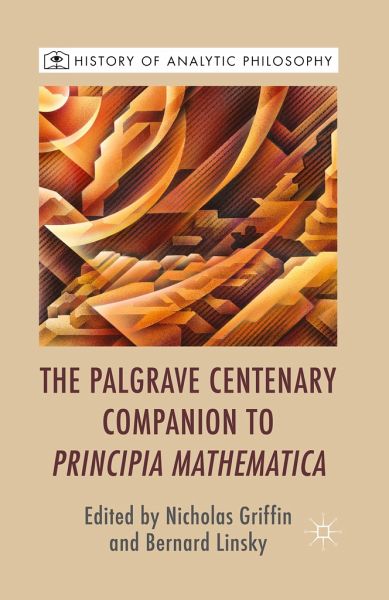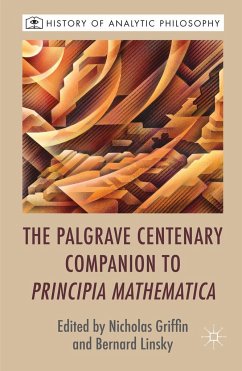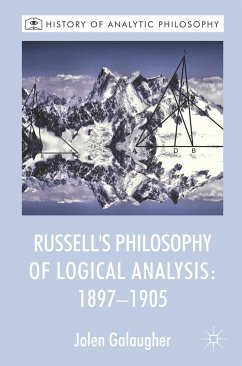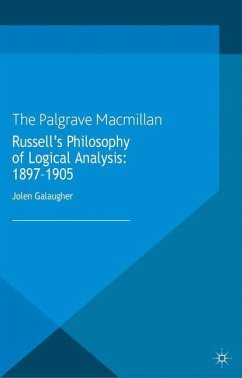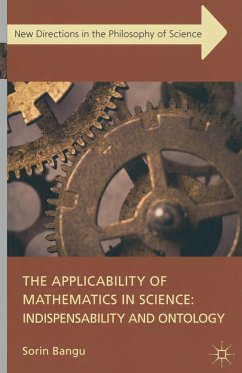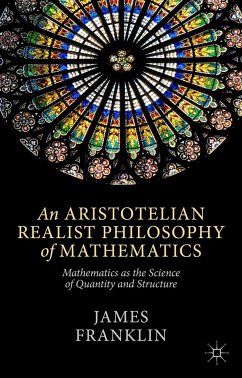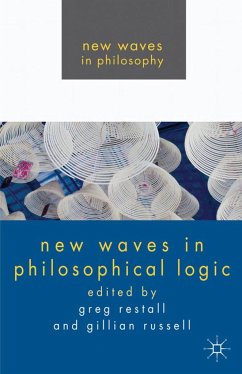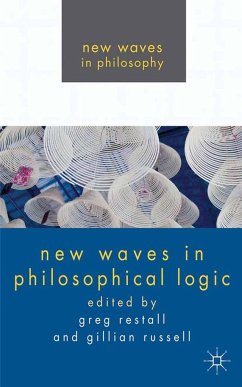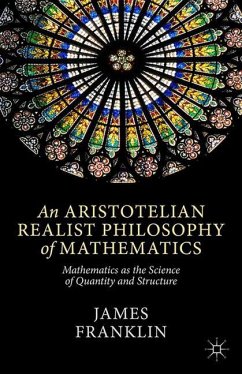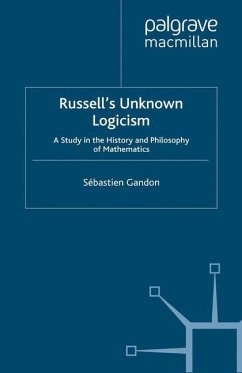Patricia Blanchette, University of Notre Dame, Indiana, USA Jolen Galaugher, University of Iowa, USA Sébastien Gandon, Université Blaise Pascal, Clermont, France Arie Hinkis lives in Israel and is the author of Proofs of the Cantor Bernstein Theorem. A Mathematical Excursion Harold T. Hodes, Cornell University, USA Reinhard Kahle, Universidade Nova de Lisboa, Portugal Kevin C. Klement, University of Massachusetts, Amherst, USA Gregory Landini, University of Iowa, USA James Levine, Trinity College, Dublin, Ireland Edwin Mares, Victoria University of Wellington, New Zealand Dustin Tucker, Colorado State University, Fort Collins, Colorado, USA Alasdair Urquhart, Professor Emeritus, University of Toronto, Canada Byeong-uk Yi, University of Toronto, Canada Jan Wole?ski, Jagiellonian University, Krakow, Poland
